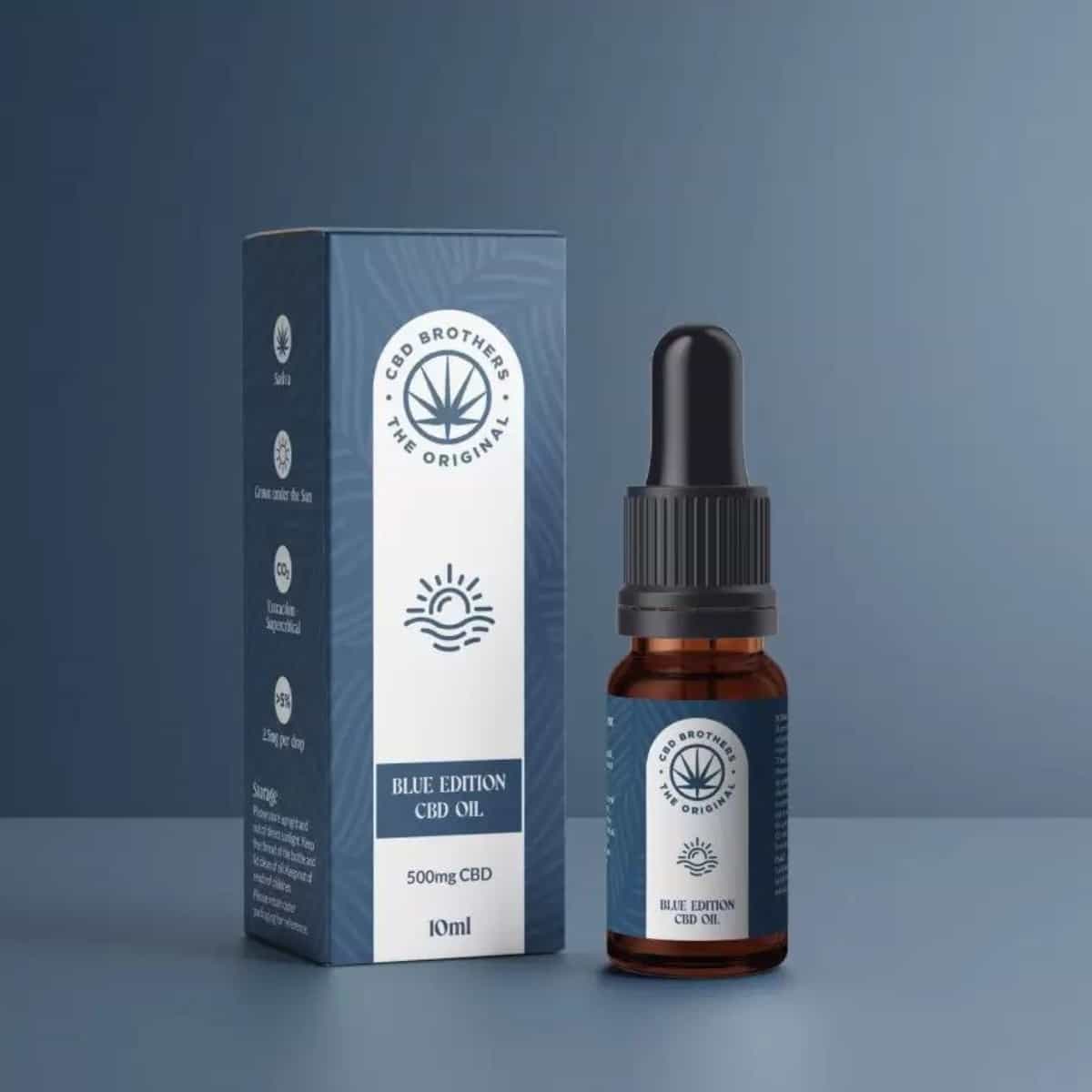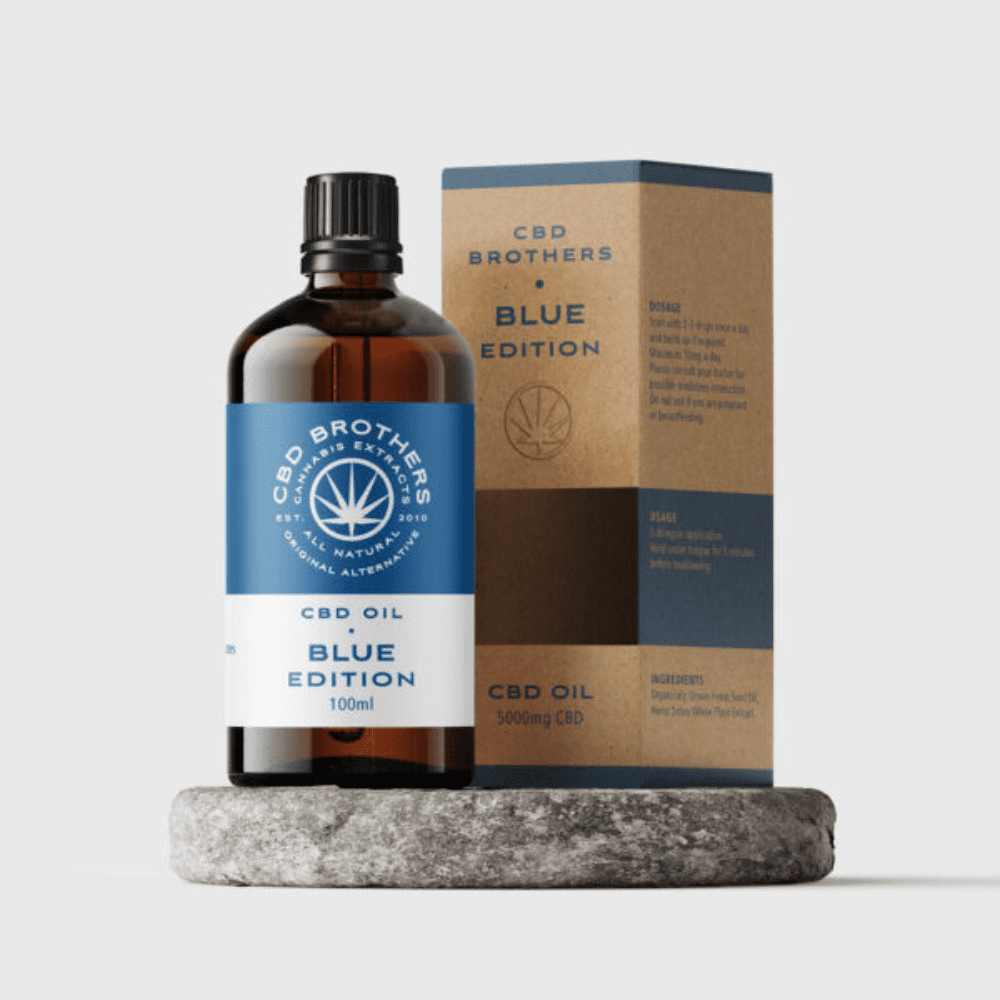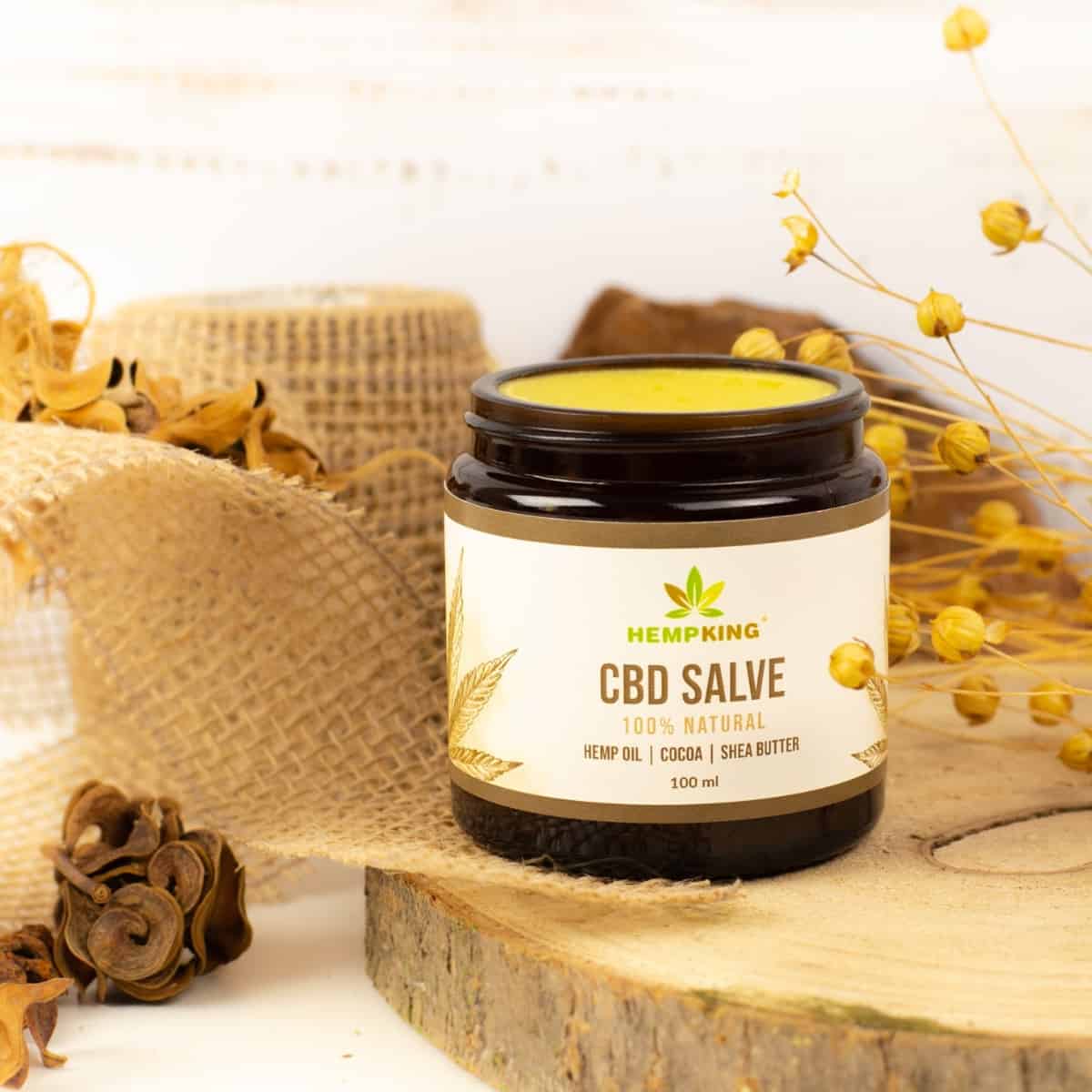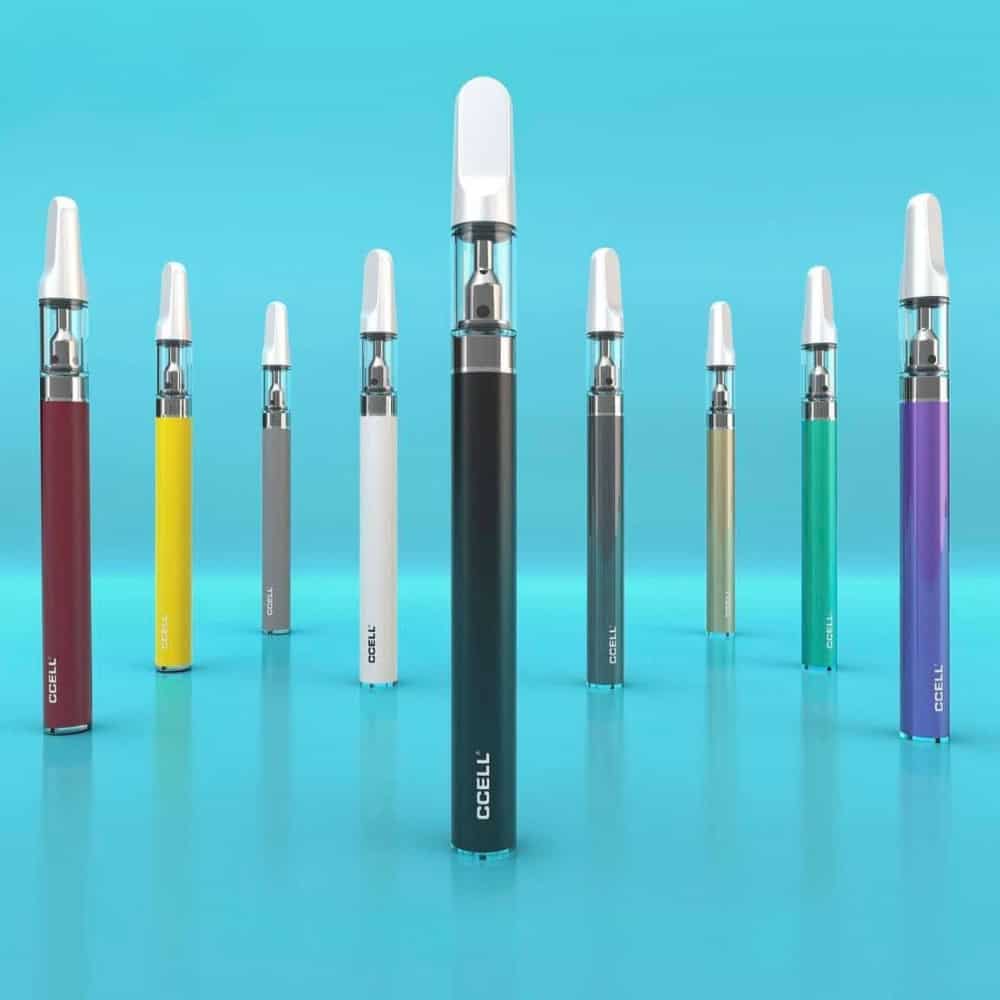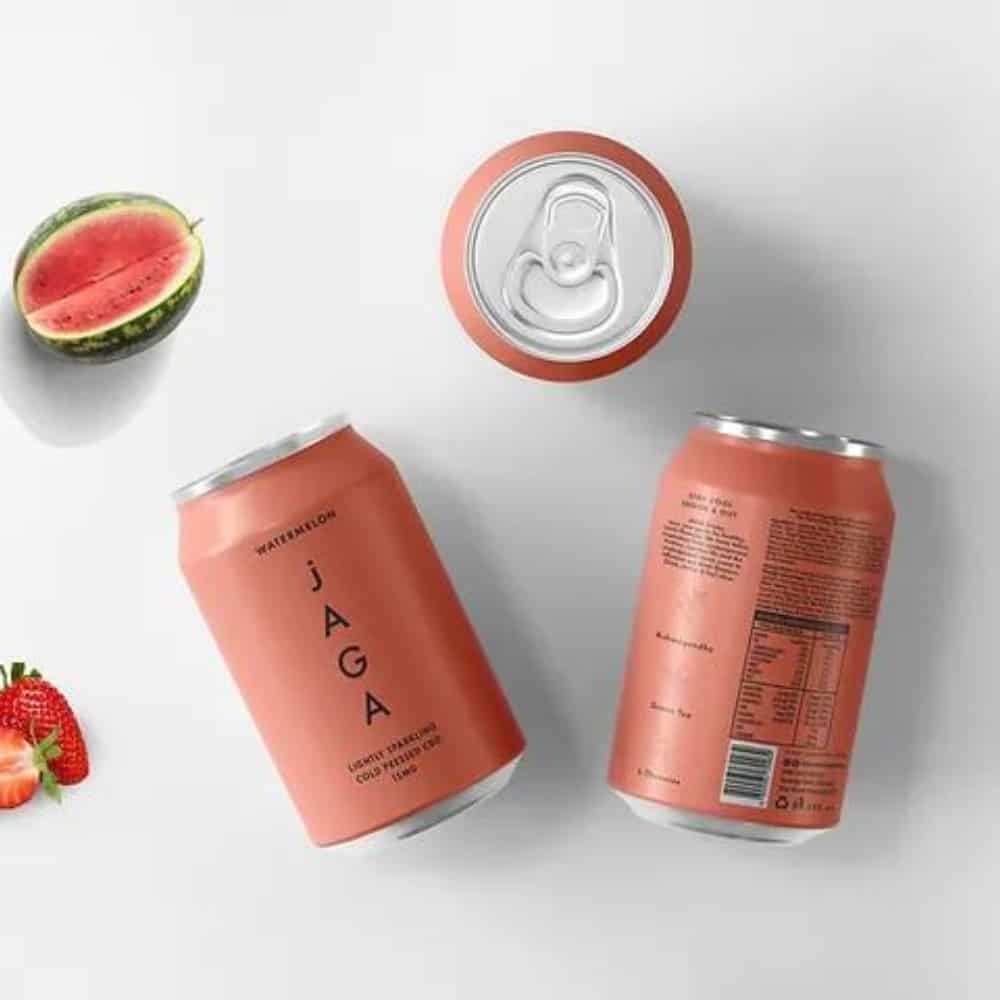In celebration of International Soil Day, we’ve decided to do our part and unravel the sustainability aspect of CBD and hemp farming. Our aim is to shed light on how growing hemp can play a vital role in addressing the mission of International Soil Day – raising awareness about soil erosion and advocating for the sustainable management of soil around the world.
We’re all aware that the world of wellness is full of ‘buzzwords’. With terms such as “natural” and “organic” in widespread use, sustainability is clearly in the heart of today’s consumer. If you’re looking at purchasing CBD products, you might be wondering whether this industry is taking the necessary steps to align with important sustainability principles and practices. This guide will explore the environmental impact of harvesting and selling hemp-based products, ultimately answering the crucial question: Is CBD sustainable?
Keep reading to explore how choosing CBD can contribute to a greener tomorrow!
Eco-Friendly Hemp Farming
Sustainability begins at the source with hemp farms. Hemp, the primary source of CBD, is celebrated for its eco-friendly nature. To sum it up, this low maintenance crop boasts quick growth, and requires minimal pesticides or herbicides. Defined as a weed, it therefore produces a high yield whilst using very little land. Moreso, it’s robust roots prevent soil erosion, making it an ideal rotation crop.
What makes hemp extra special is its remarkable ability to act as an atmosphere remediator. This means hemp plants absorb more CO2 than they release, therefore making them an ally in the fight against climate change. This carbon sequestering ability makes hemp truly regenerative for the environment, with a net positive impact in this aspect.
Hemp emerges as a superstar in cultivating the eco-friendly farming landscape that we need in today’s climate crisis, and all in all makes CBD inherently sustainable as a product of hemp. Beyond purifying the air through carbon sequestering, its minimal land requirement means hemp farms avoid contributing to deforestation or habitat loss—two pressing environmental concerns.
Having covered the basics, let’s delve into some specific elements of hemp that make it a sustainable and environmentally friendly crop…
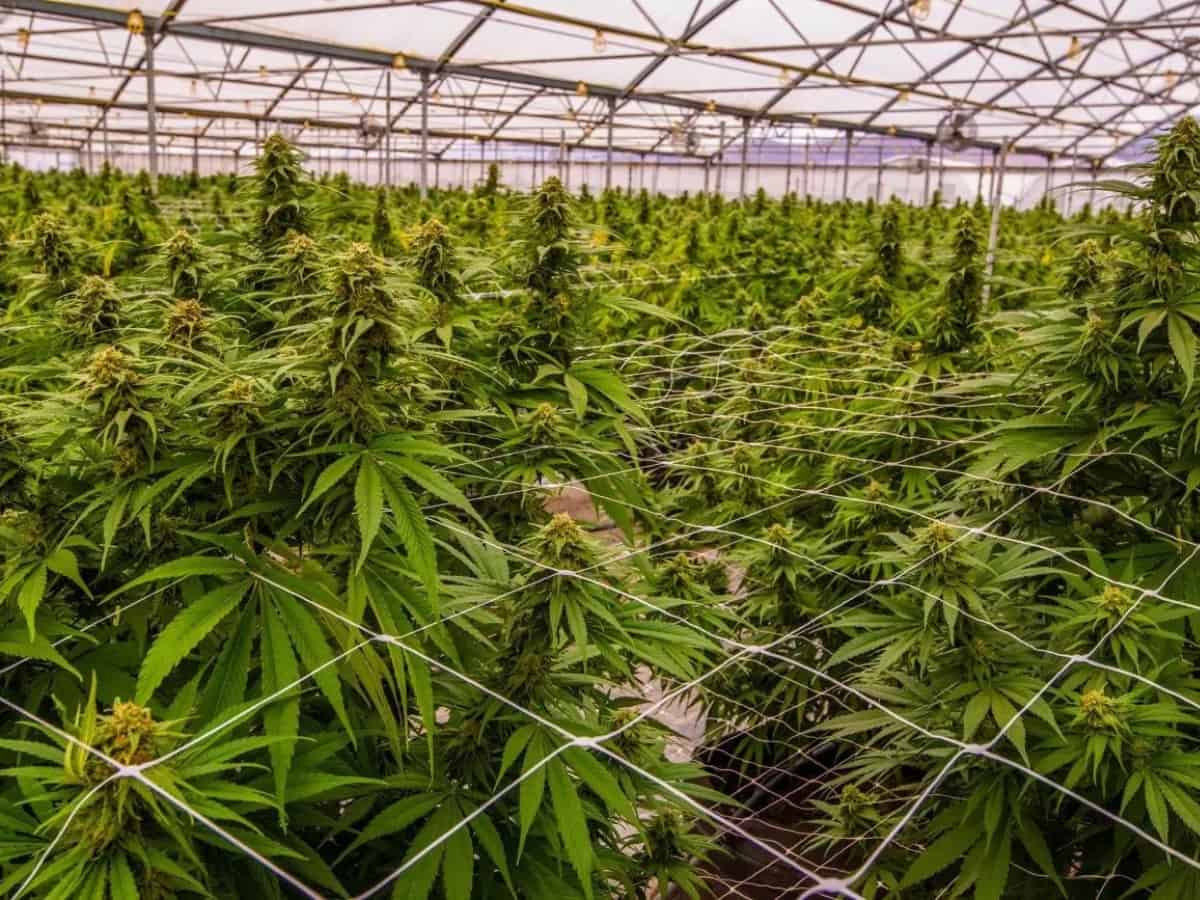
Waste Not, Want Not
Hemp stands out as a low-waste crop due to its multifaceted usability. The seeds, stalks, roots and leaves of the hemp plant can all be used and turned into useful, eco-friendly products.
Hemp seeds are rich in nutrients and can be used in food products, while its fibers become the raw material for textiles and construction. Moreover, the process of extracting CBD oil from hemp flowers minimises waste by repurposing remaining plant material for many things, ranging from animal bedding to biofuel production.
This inherent low-waste nature makes hemp ideal for sustainable agriculture, and in turn, CBD a great choice for those wishing to purchase products with a low-waste manufacturing process. In embracing hemp, consumers align with an eco-conscious approach, promoting sustainability from cultivation to the end product.
Keeping Soil Healthy
Surely, hemp is a great choice for those looking to farm sustainably, or purchase sustainably grown products and produce. This is due to how hemp works to naturally improve and maintain soil health.
Hemp’s intricate root system breaks up compacted soil and improves aeration, which is essential for nutrient absorption by plants. This means that growing hemp prevents soil erosion. Furthermore, hemp acts as a cleaner for soil, as it absorbs contaminants and maintains soil health naturally.
There is also little need for pesticides, since its sturdy roots mean hemp is truly robust and able to resist pests all by itself. Therefore, growing hemp does not require releasing harmful chemicals into the air or into the soil.
Overall, growing hemp for CBD is a sustainable process, which gives back to the planet through both air and soil.
Beneficial for Mind, Body, and Planet
Harvard business school suggests that sustainability has two key elements: the impact of a business on the environment and its effect on society.
For one thing, as individuals incorporate CBD into their wellness routines, there is a potential reduction in the reliance on pharmaceuticals with greater environmental footprints. This shift towards natural remedies aligns with a sustainable and eco-conscious lifestyle.
Moreover, the potential wellness benefits of CBD attest to its positive impact on society, as it aids people in managing pain and stress, among many other concerns. At Hemptations CBD, we believe this to be true: that CBD helps create better days.
In this capacity, CBD emerges as a champion of sustainability.
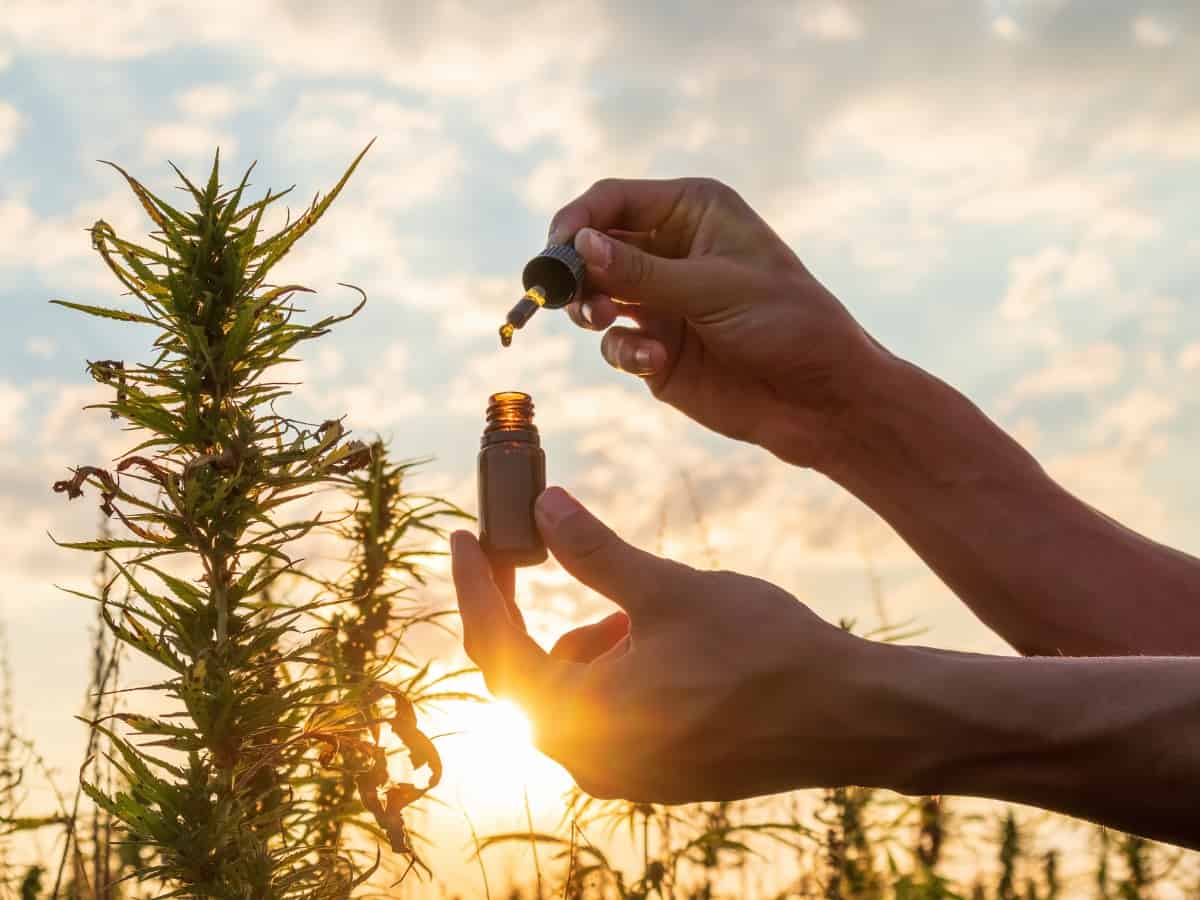
Consumer Awareness: Your Power to Drive Change
As consumers, we hold considerable power to drive change. As shown above, by purchasing CBD, you’re not merely making a purchase; you’re casting a vote for eco-conscious practices.
Lead the way in promoting CBD as a sustainable alternative. Share its environmental benefits, encourage others to join the green movement, and actively contribute to a greener future. In choosing CBD, your commitment to environmentally conscious consumerism helps to foster a healthier planet.
Sustainable Brands
Many CBD brands champion organic and regenerative farming practices, avoiding synthetic chemicals and prioritising soil regeneration. In turn, they make sustainability their focus. Here are some you might want to consider for your next purchase…
CBD Brothers have garnered major attention in the current market for their top quality products. They are also are known for their organic farming. They use no pesticides or artificial fertilisers, and grow on small artisan farms on Guernsey. Therefore, bringing down their carbon footprint even more!
Similarly, Vitality CBD are a brand dedicated to producing CBD harmoniously with the environment. Reflecting this commitment, the entire Vitality CBD range is vegan. On their farms, they only breed non-GMO, organic hemp plants without using pesticides or adulterants.
Selecting CBD from brands such as CBD Brothers and Vitality CBD isn’t merely a transaction; it’s a pledge to a greener lifestyle. In doing so, you help build a future where wellness and sustainability intertwine seamlessly.
Conclusion
If you’re a supporter of International Soil Day, consider embracing CBD. By choosing CBD products for your wellness routine, and supporting hemp farming, you’re not only nurturing your well-being but also nurturing the planet.
Explore our curated selection of sustainable CBD products and join us on the path to greener, healthier living.
Want to know more about CBD?
If you’ve enjoyed this post you may like to read more about buying CBD. Here are some of our most popular posts on Buying CBD.
- Which CBD product is right for me? Beginner Buyers Guide
- Introduction to Cannabidiol. Everything you need to know about CBD
- What’s the most effective form of CBD?
- The Buying CBD for the first time Cheat Sheet
Alternatively check out our other blog categories to learn all about – Using CBD | Learning CBD
Any questions?
We would love to help if you have any questions around this topic. Let us know by dropping us an email or comment on one of our social channels. We will endeavour to get back to you asap but while you wait the answer to your query may lie in our CBD FAQs.
Don’t miss a thing
Stay up to date with everything CBD by following us on Instagram, Twitter, Facebook or YouTube. Or why not subscribe to our newsletter to receive monthly CBD tips and offers?
